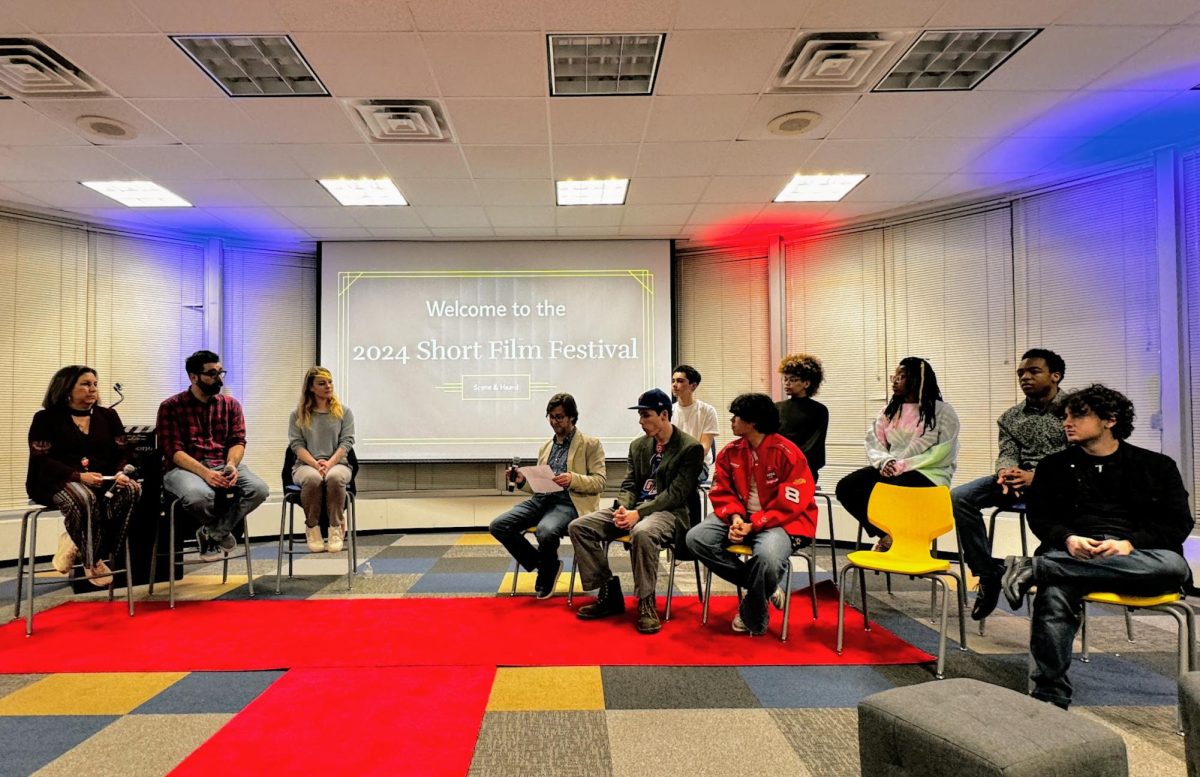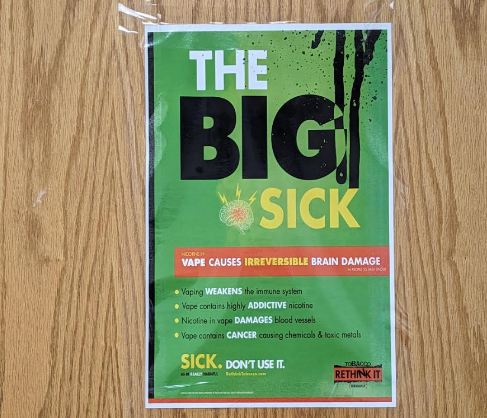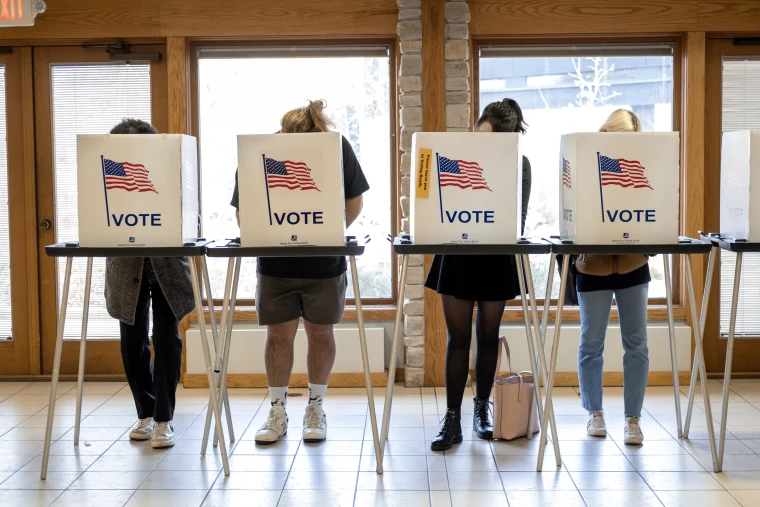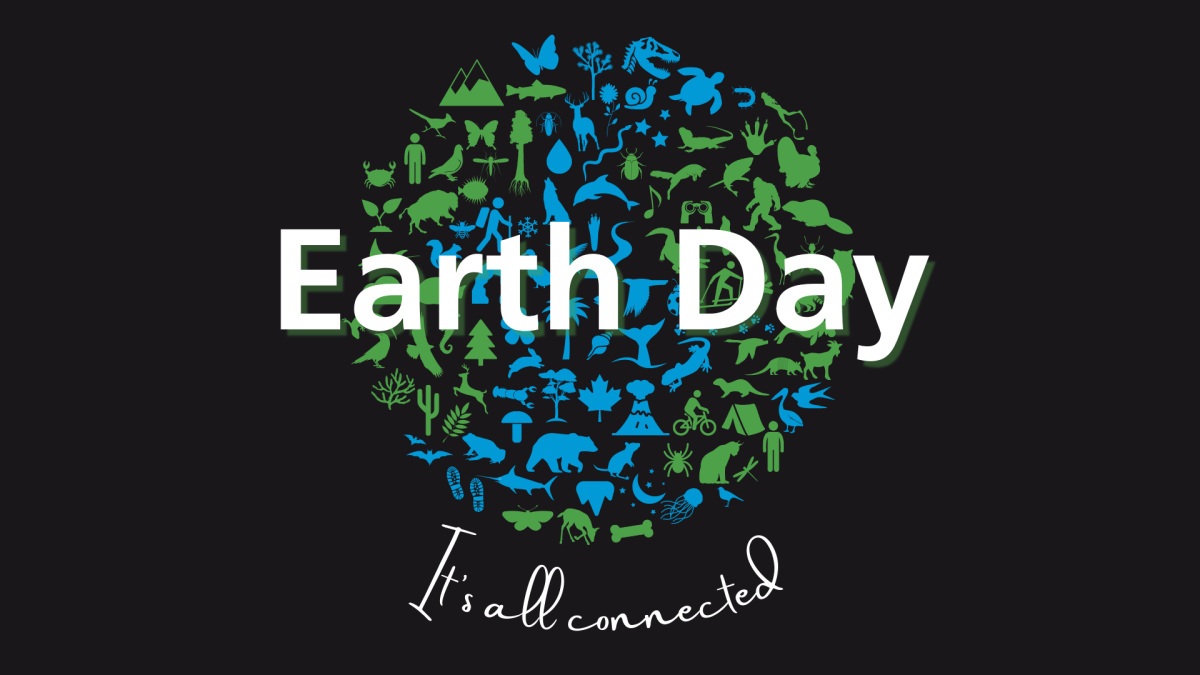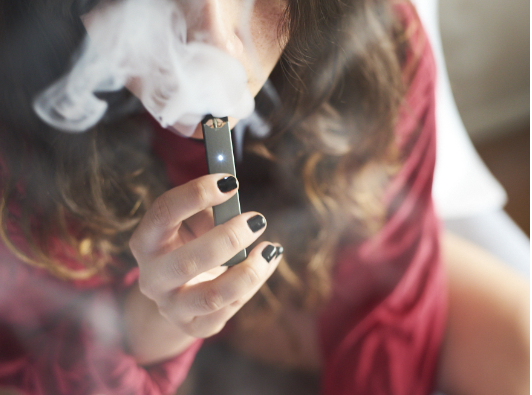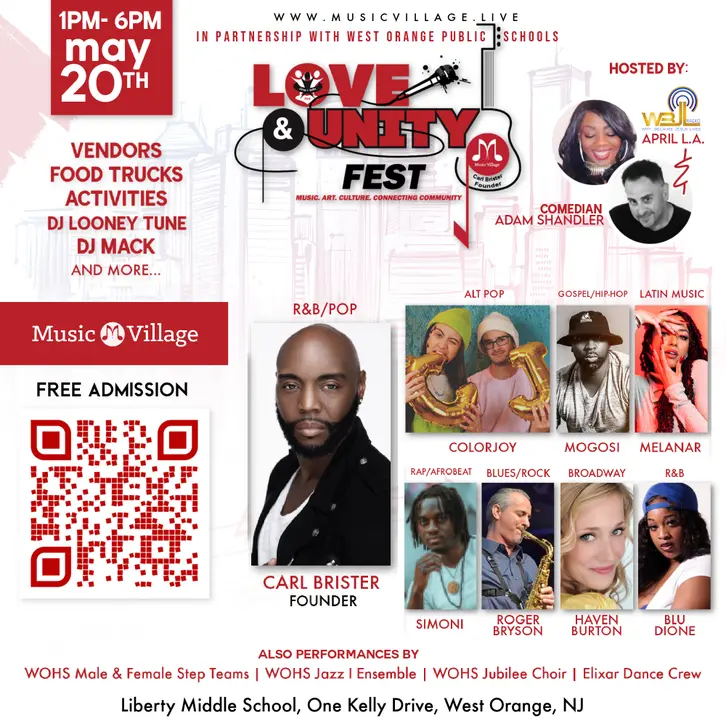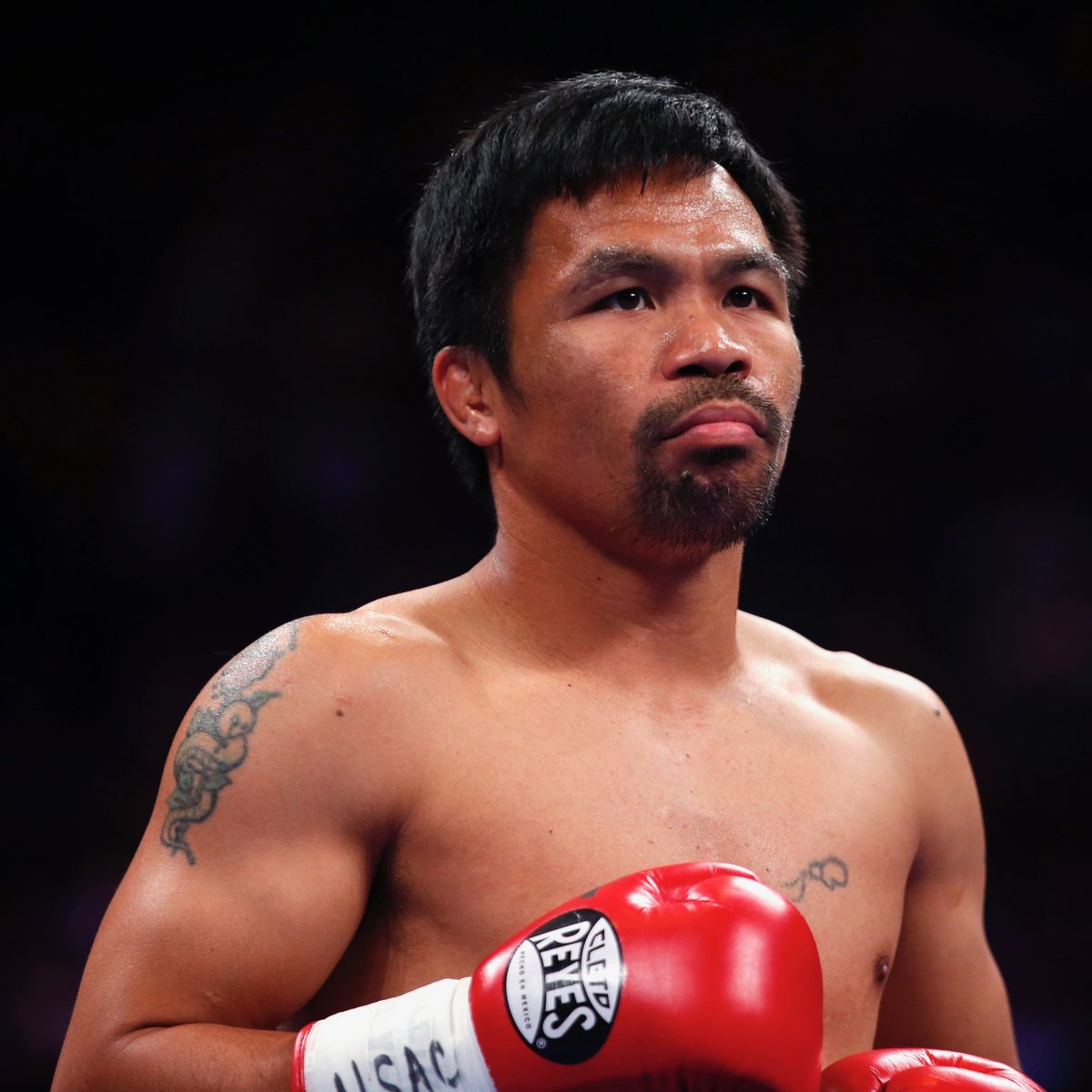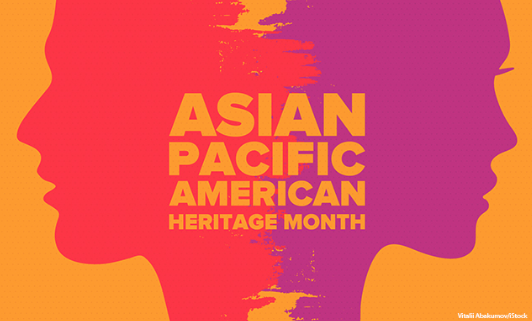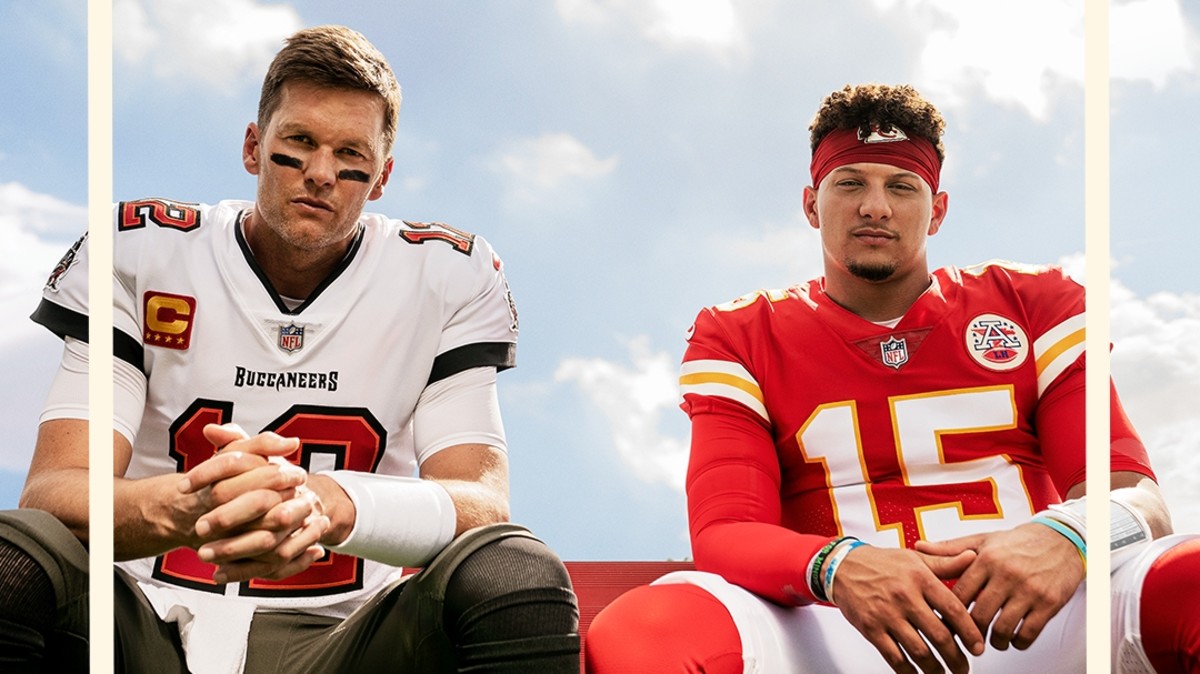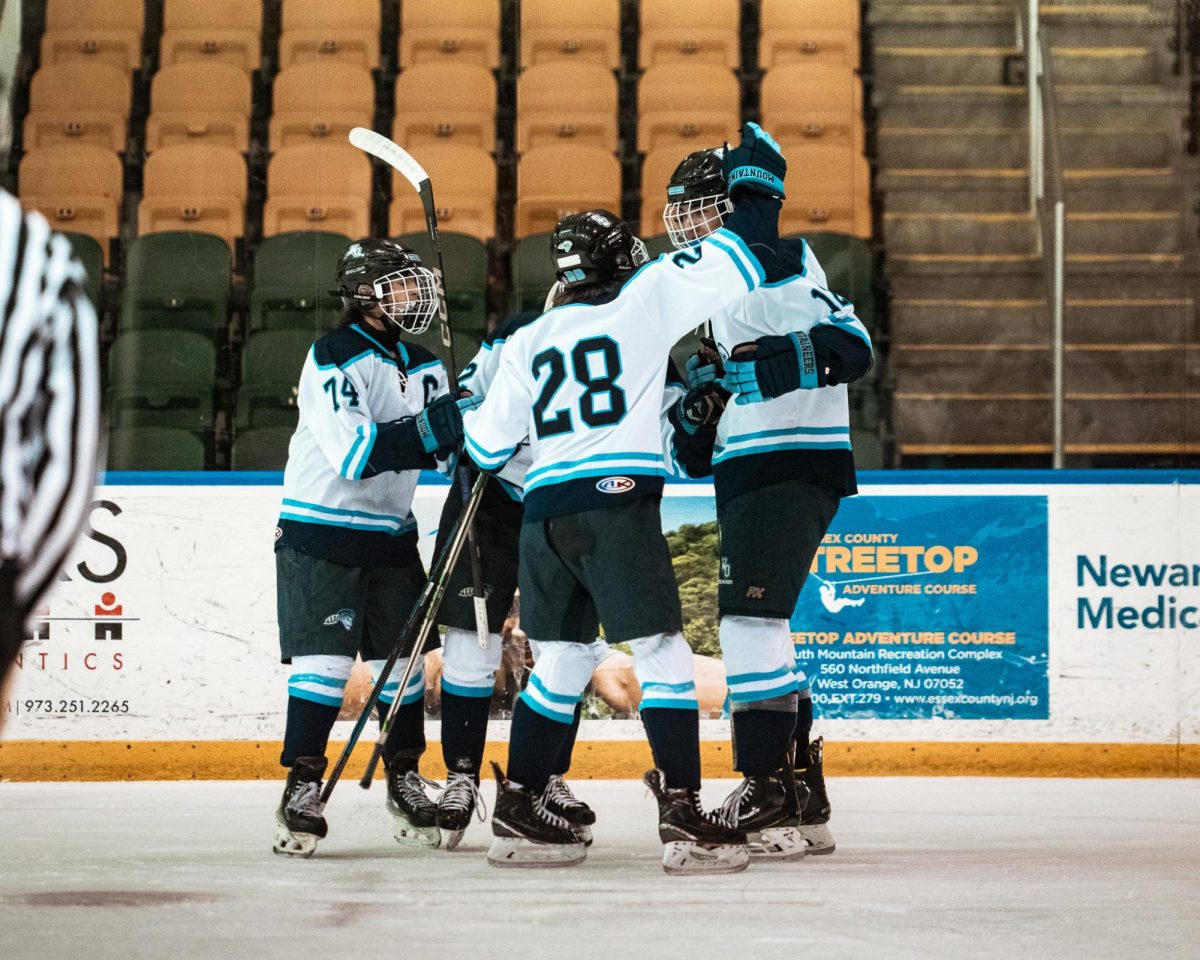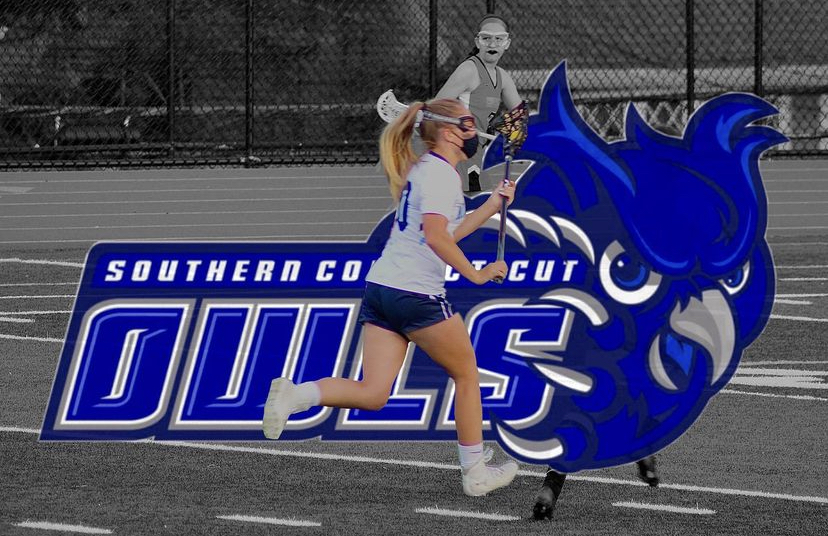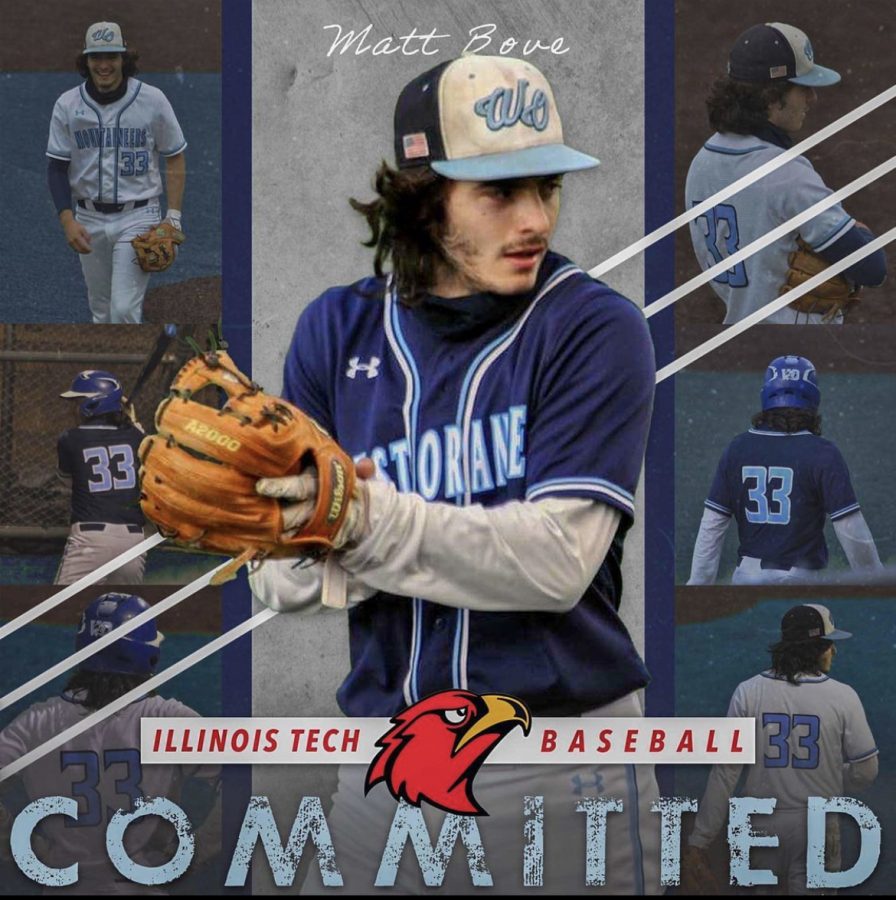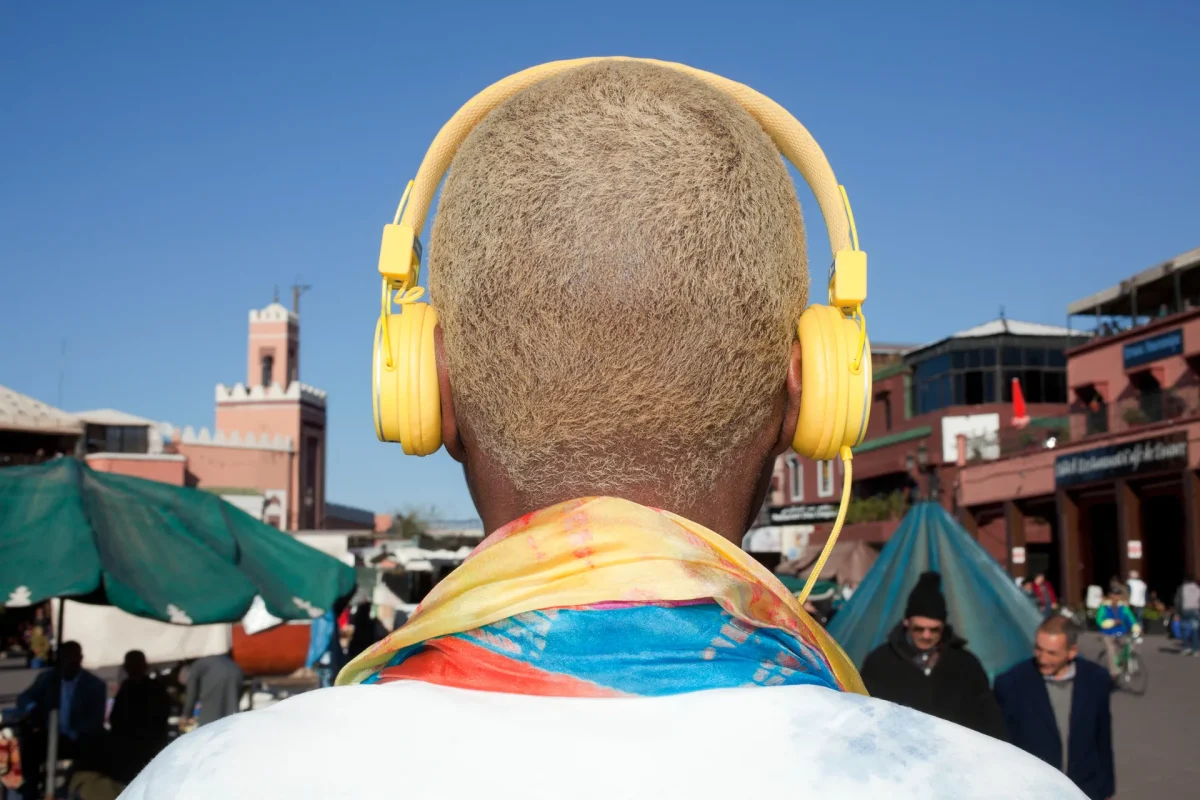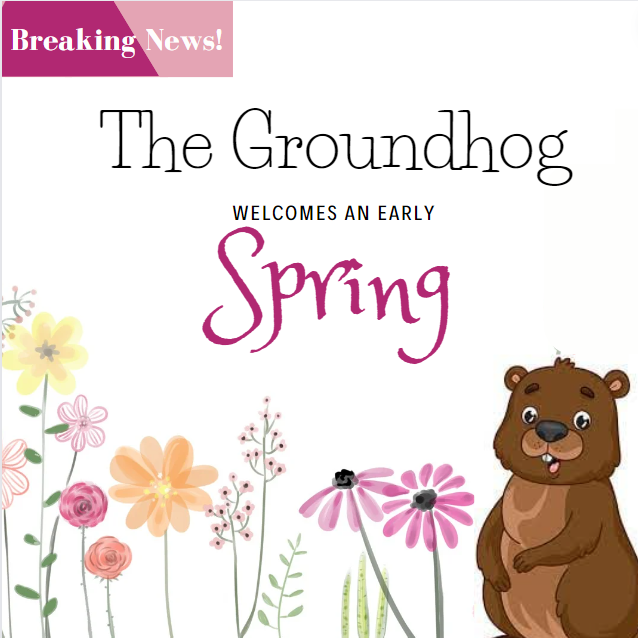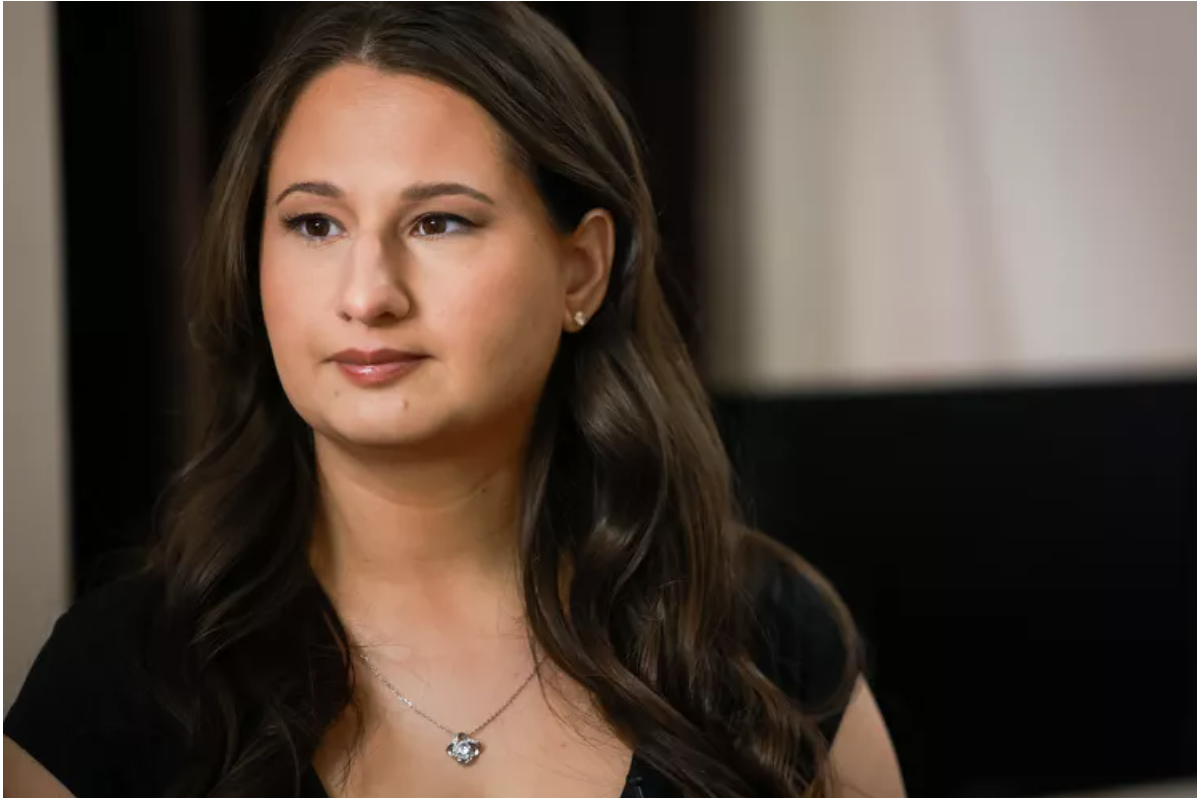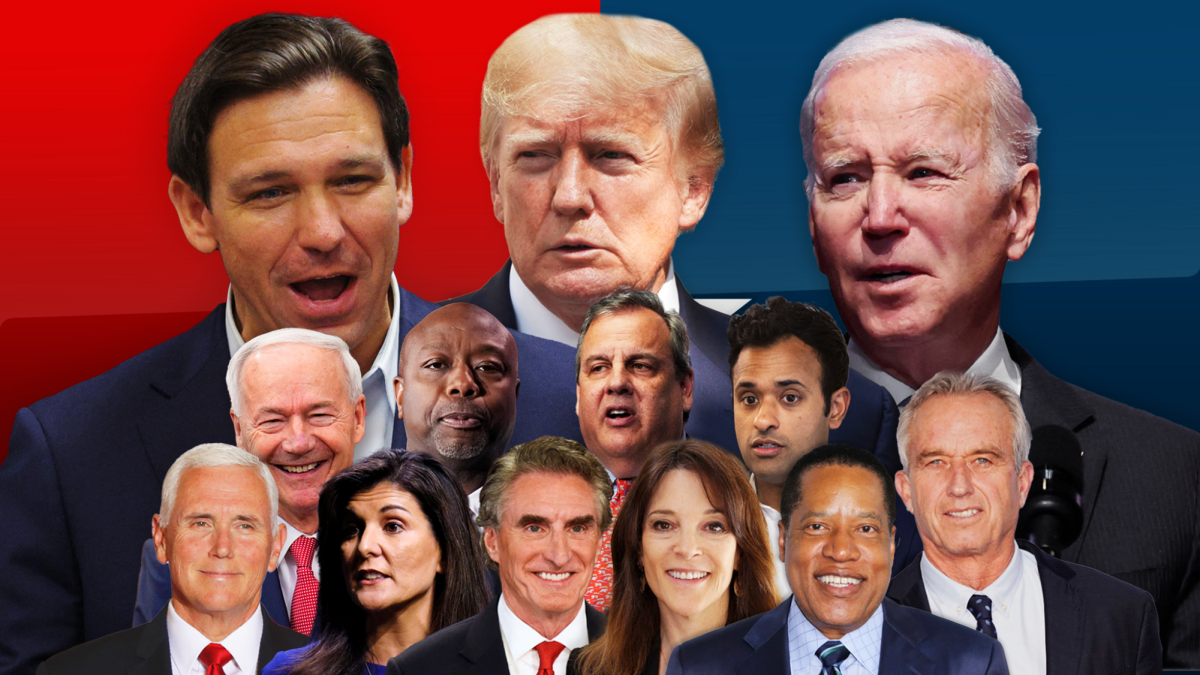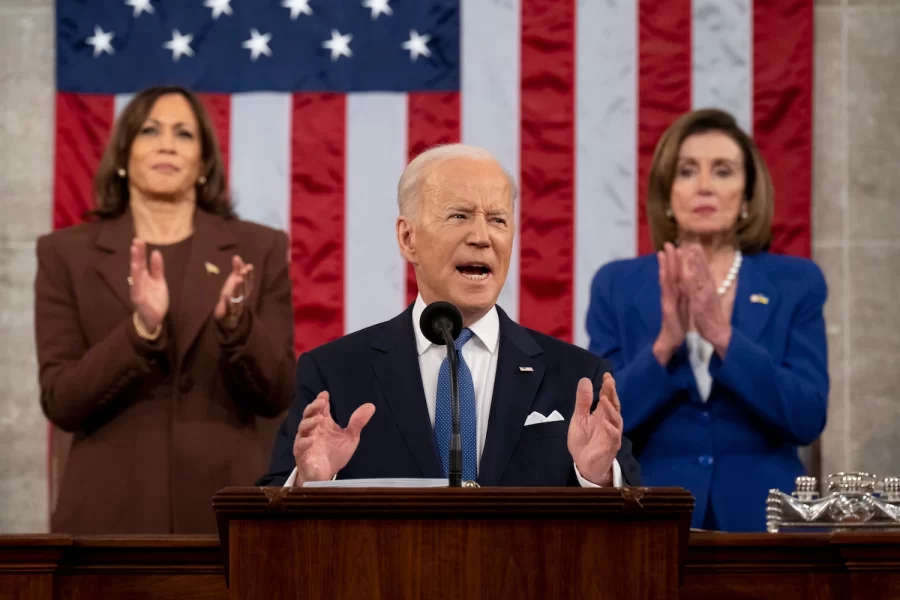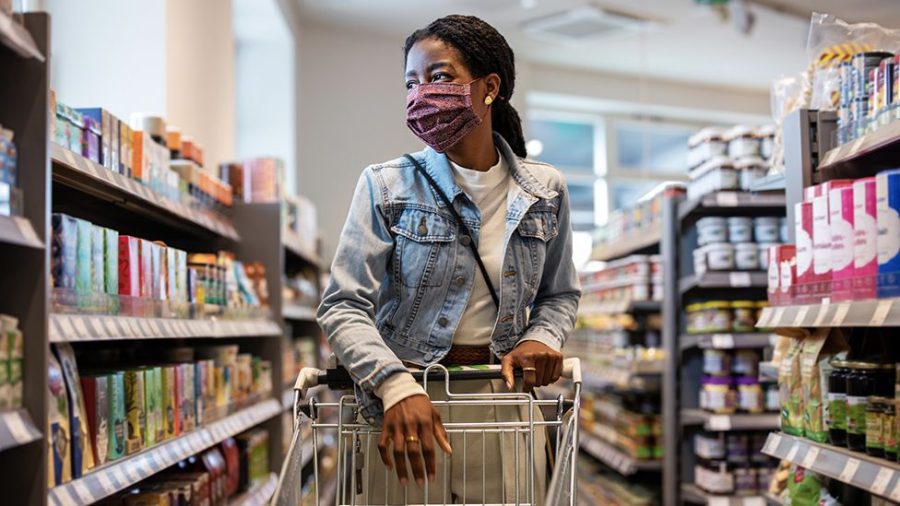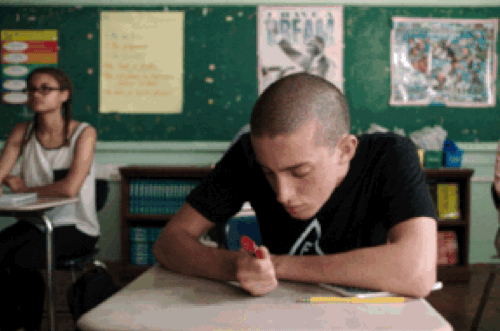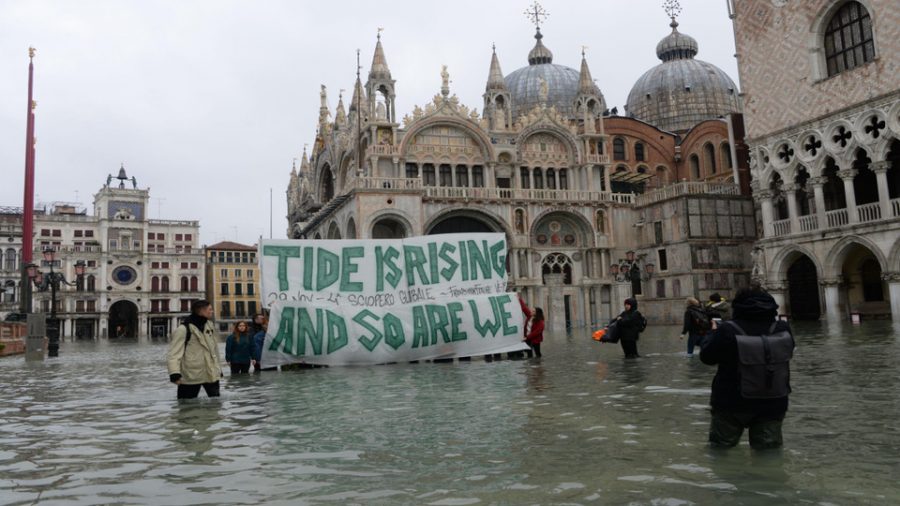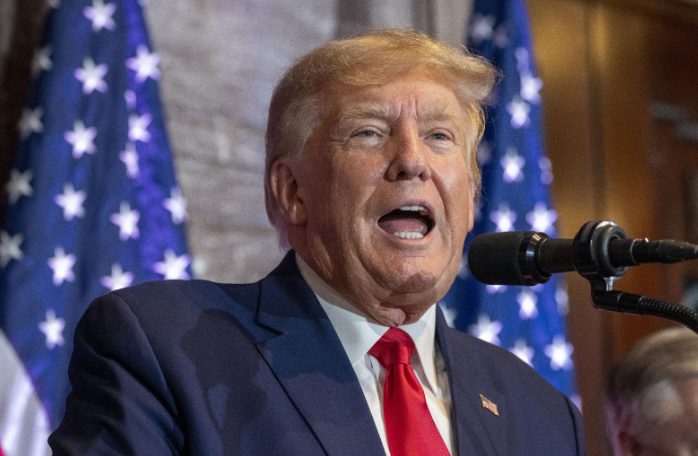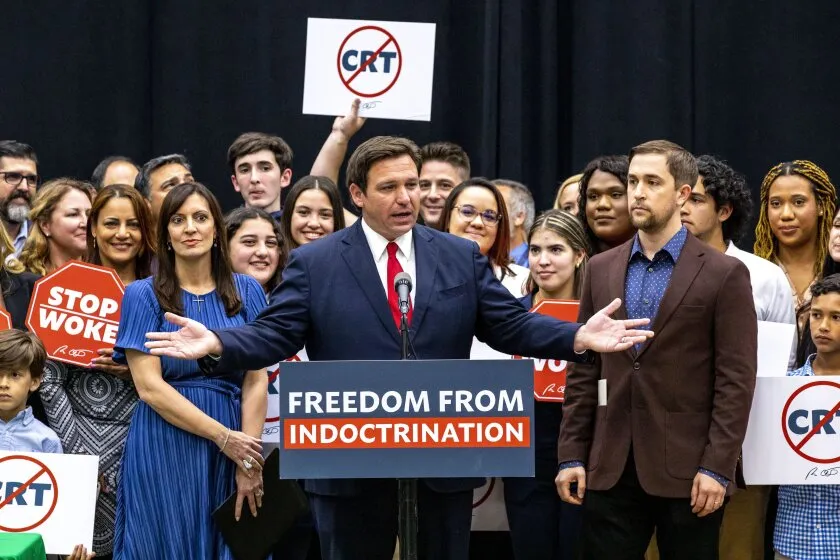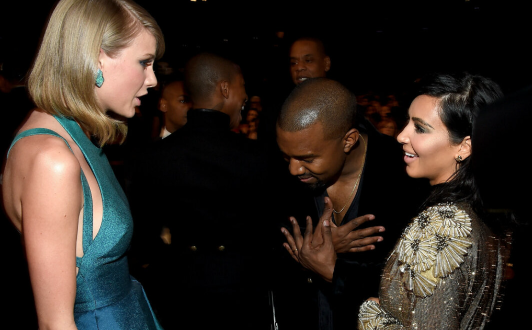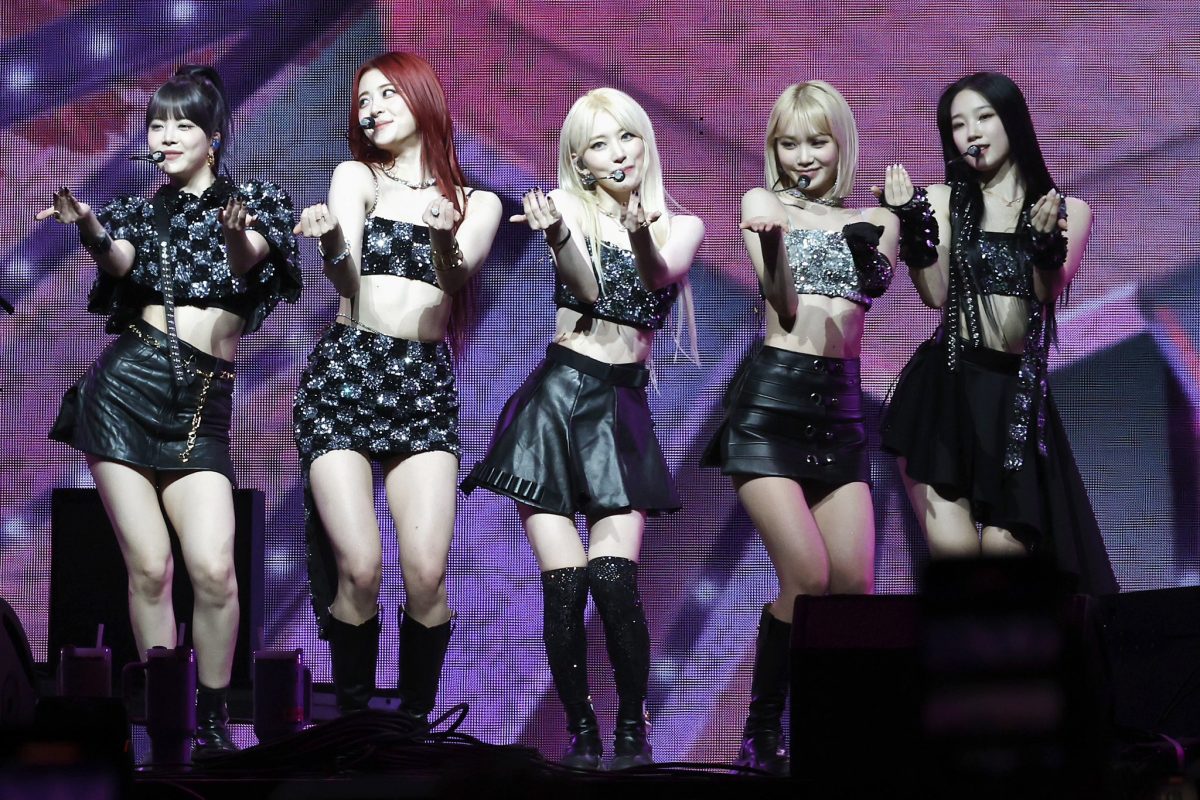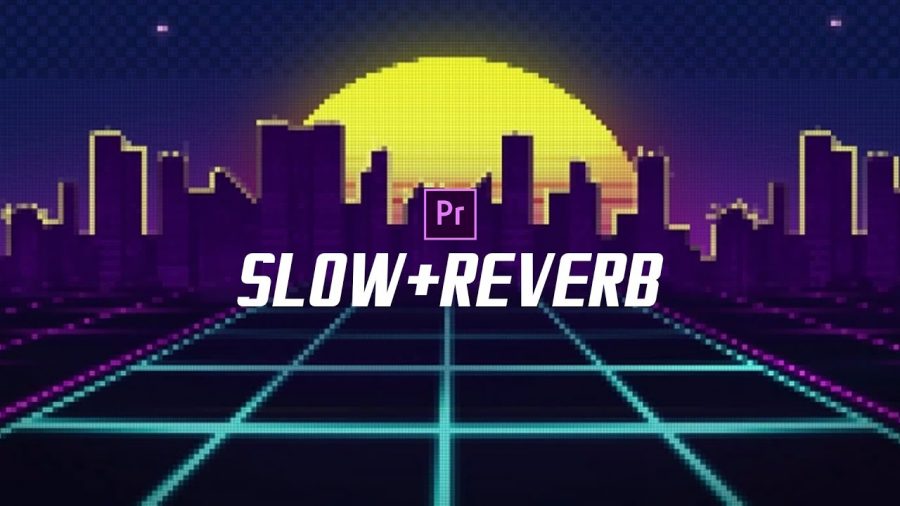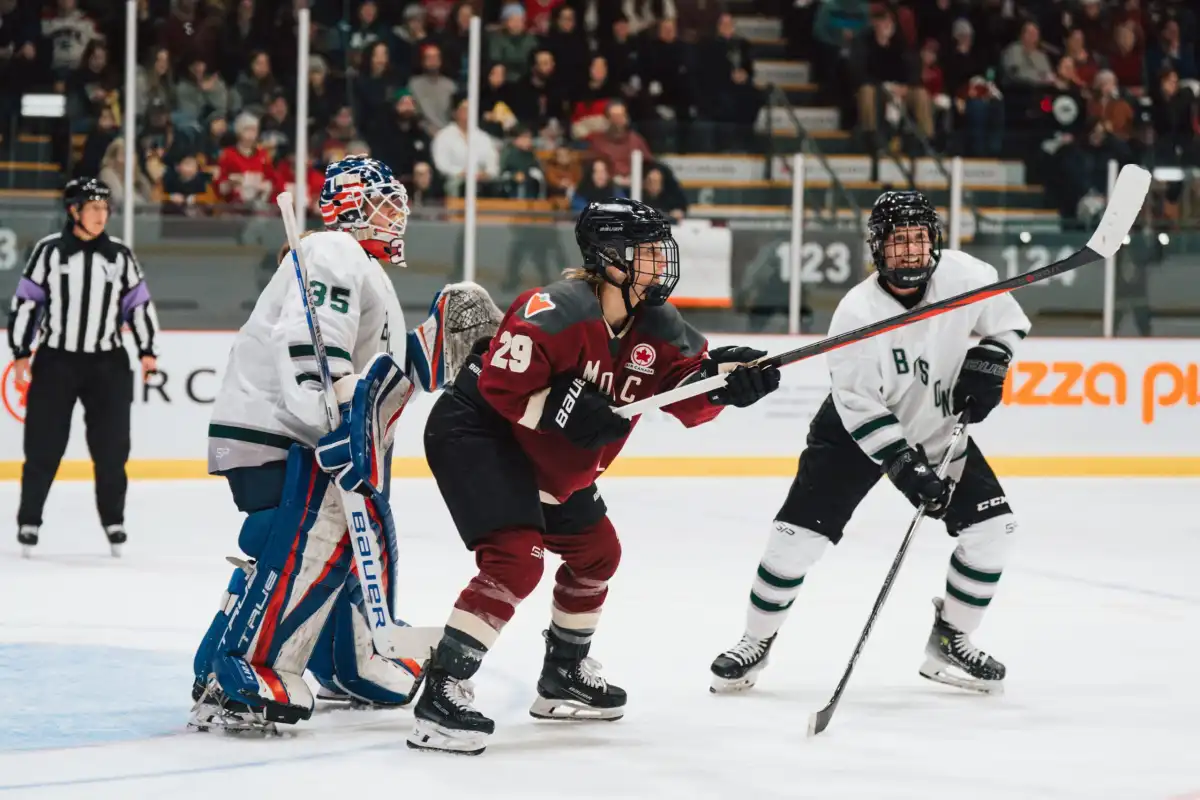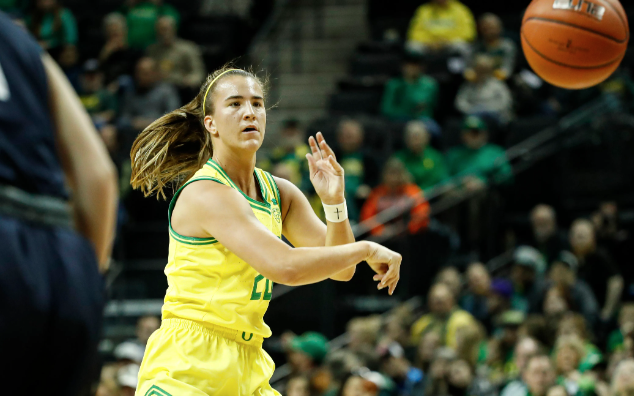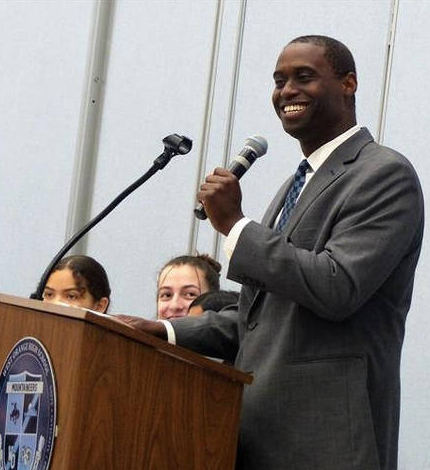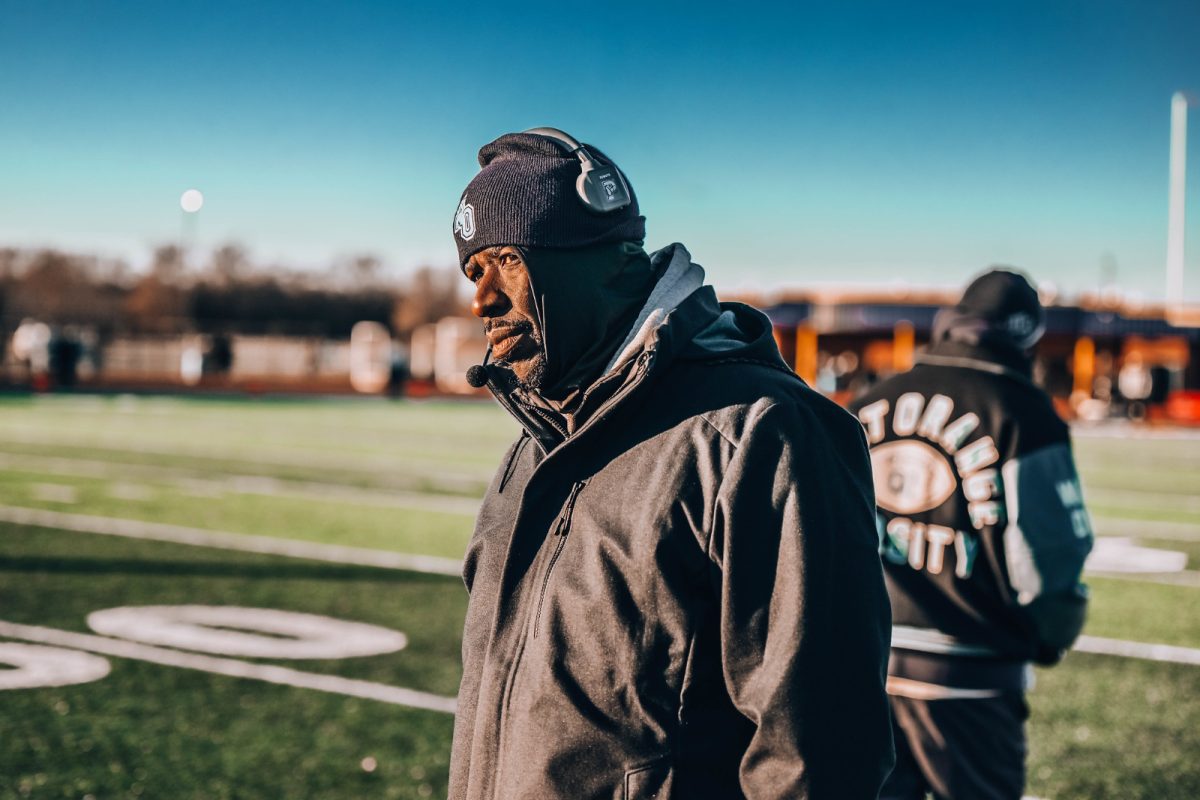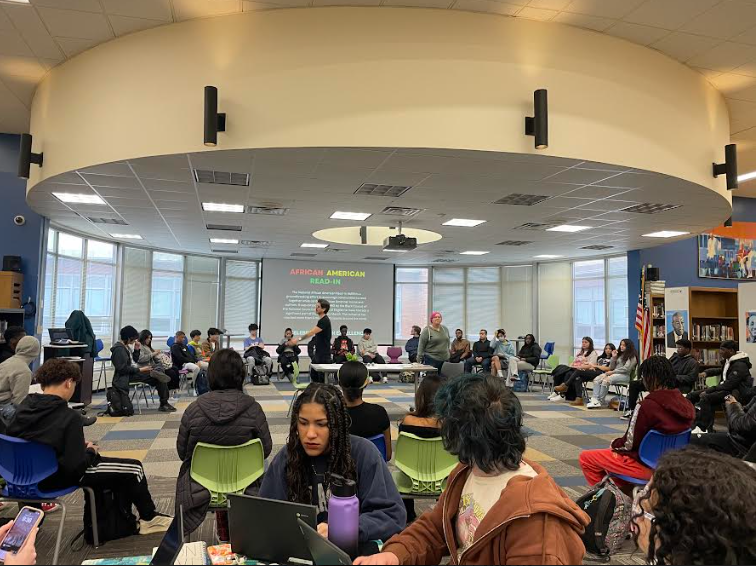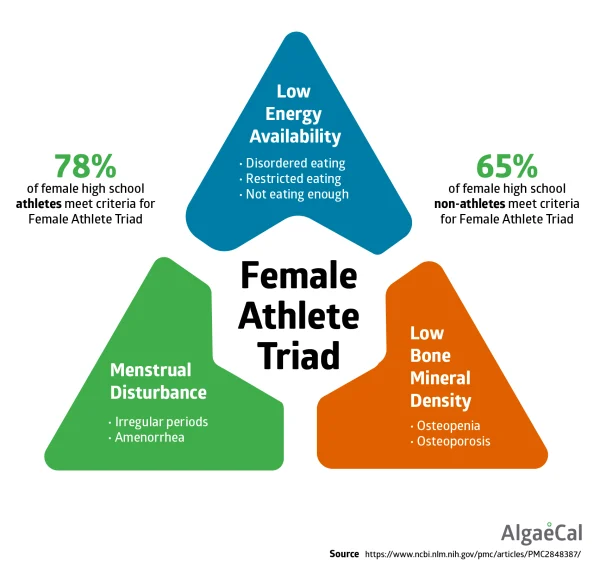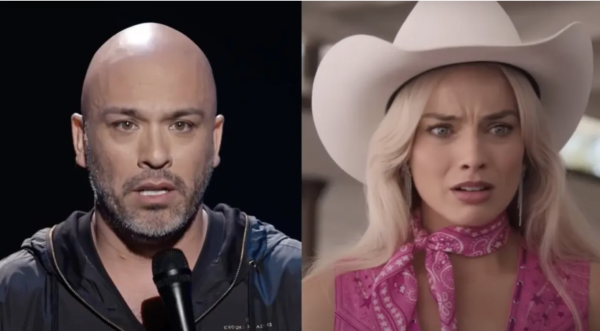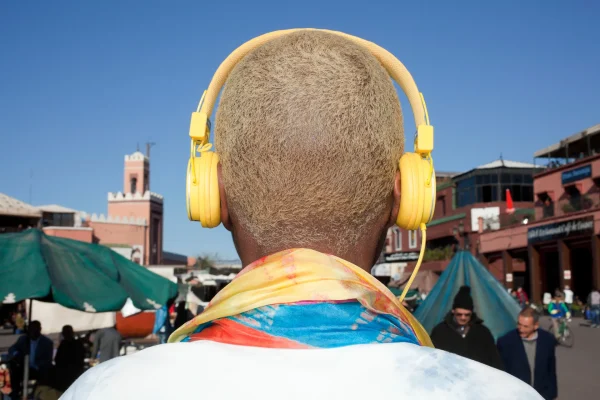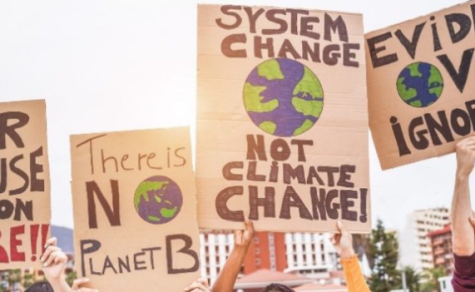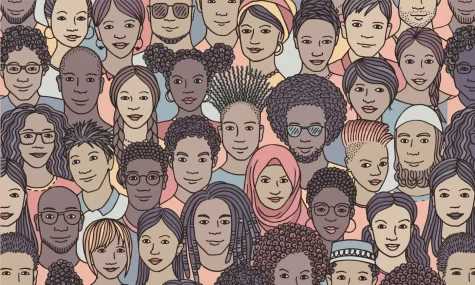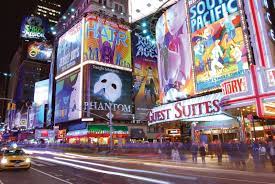Why “Little Girls” by Oingo Boingo Belongs in the Library of Congress’ National Recording Registry
“Little Girls” by Oingo Boingo (1981) belongs in the Library of Congress’ National Recording Registry. The Independent magazine labels it “the creepiest music video of all time,” mostly because it featured lead singer and eventual film composer, Danny Elfman, running around with underage girls and people with dwarfism. Plus, it was banned in Canada. People were either infatuated (because of it’s infectious melodies) or terrified (because of it’s lyrics and video). But there is so much more behind the song itself, and the video that features vampires, demons, spastic barbers, pillow fights, and a man choking on coffee (for some reason).
The song is sung from the perspective of a troubled individual who is enamored with underage girls. He states that they make him “feel so good,” “feel so bad,” and make him “feel like [I’m] the only guy in town,” thus making his problem worse than it already is. On the outside, it just seems like a wacky satire poking fun at a serious issue. Even Elfman felt the same way, stating in an interview, “What made me write it? At that point I was just grabbing onto things that popped up in my head and taking characters and singing from their point of view. So whether it be the right wing guy talking about capitalism or the feisty little girl or quasi molester – these were just things that I thought were funny or interesting and I would just kind of jump into the skin of. Often things I wrote were motivated by nothing but the newspaper. I’d read an article and be thinking about something and write a song from that perspective. So it didn’t necessarily reflect me…but it was just fun and I knew it was irreverent. I was out to offend everybody when I started out. Any subject matter I could find that would be offensive I was embracing, so that was just one.” However, if you read between the lines of the lyrics, and the video, there is a deeper message that reflects a much bigger problem in the Hollywood music/movie industry: unwillingly sleeping with producers.
It’s been happening since Hollywood started, with actress/idol Marilyn Monroe stating that Hollywood is an “overcrowded brothel.” In 1940, Shirley Temple accused an MGM Studios producer of exposing himself to her during their first meeting, when she was just 12 years old. In the eighties, Corey Feldman and Corey Haim were allegedly molested as child actors, with Feldman stating in 2004, “There are people that were the people that did this to both me and Corey (Haim) that are still working. They’re still out there, and they are some of the richest, most powerful people in this business.” Most notably, over 90 women have accused producer Harvey Weinstein of sexual harassment over the course of thirty years, and he was only sentenced to 23 years of jail time just a couple of months ago.
The theme is a little abstract within the song and video, especially when there’s a demon behind Danny Elfman in the split-second prologue of the video, suggesting that Elfman, or any pedophile, is being possessed by a greater force of pedophilic demons. But take a closer look at the main “little girl.” She seems to have a blank look on her face that’s different from all of the other girls in the video, who seem to be enjoying the company of Danny Elfman. When Elfman realizes that she’s a blank slate, he states, “Uh oh, I’m in trouble, uh oh, the little girl was just too little,” possibly meaning that people are going to find out about his pedophilic natures and ostracize him.
So, why does this song belong in the National Recording Registry? Other than the fact that it’s an absolute banger in terms of instrumentals, it hides an important message that’s still prominent in America today; Hollywood producers and studio heads cannot keep getting away with this type of behavior. They can’t keep acting like they are above the law, because the law states that the average age of consent in America is 16. It pains me to see that these types of monsters are still in high positions of power. But as long as we can preserve the lunatistic lyrics and instrumentals of Oingo Boingo’s “Little Girls,” there may be a chance that we can end this type of harassment in the future.
